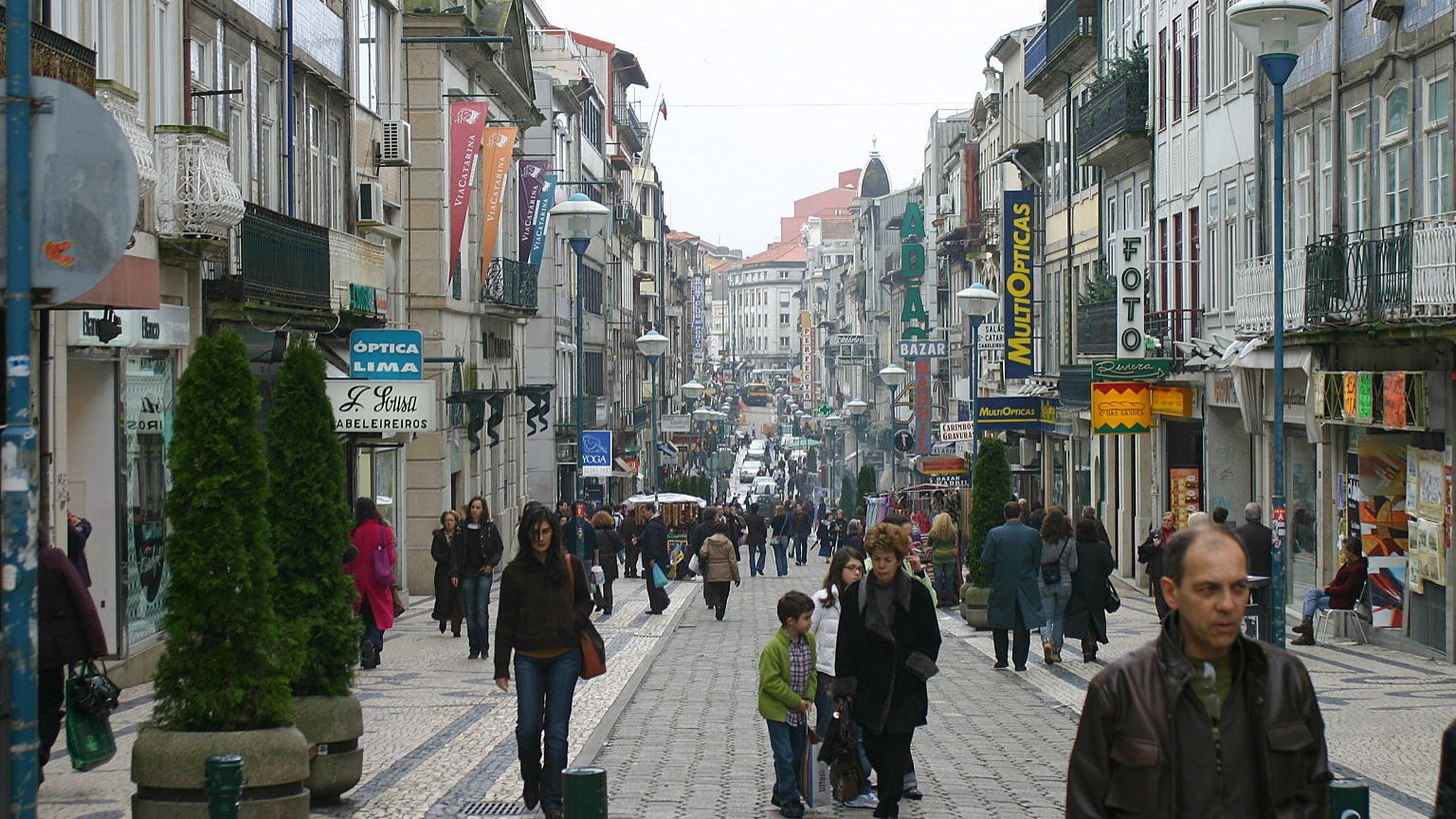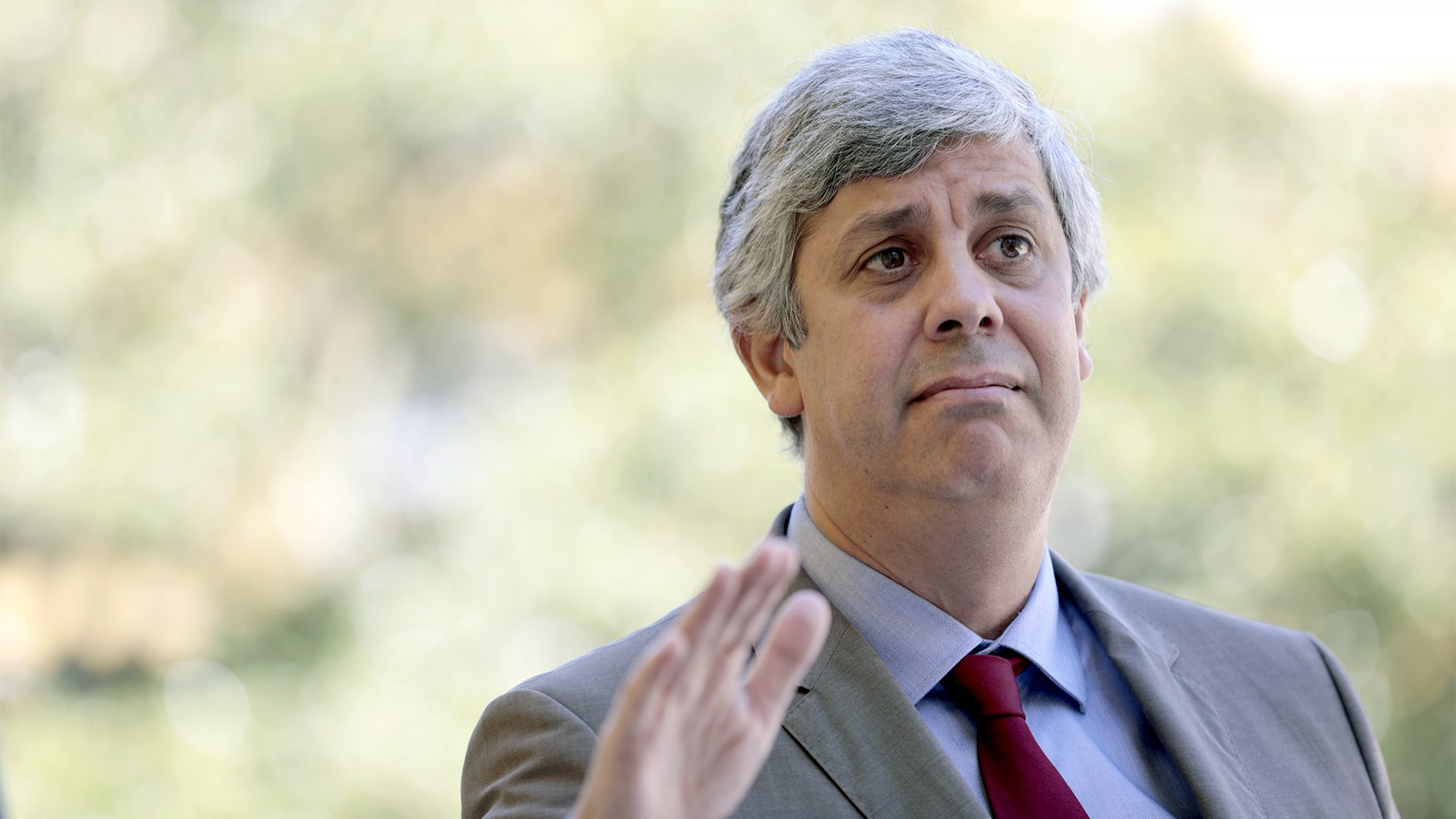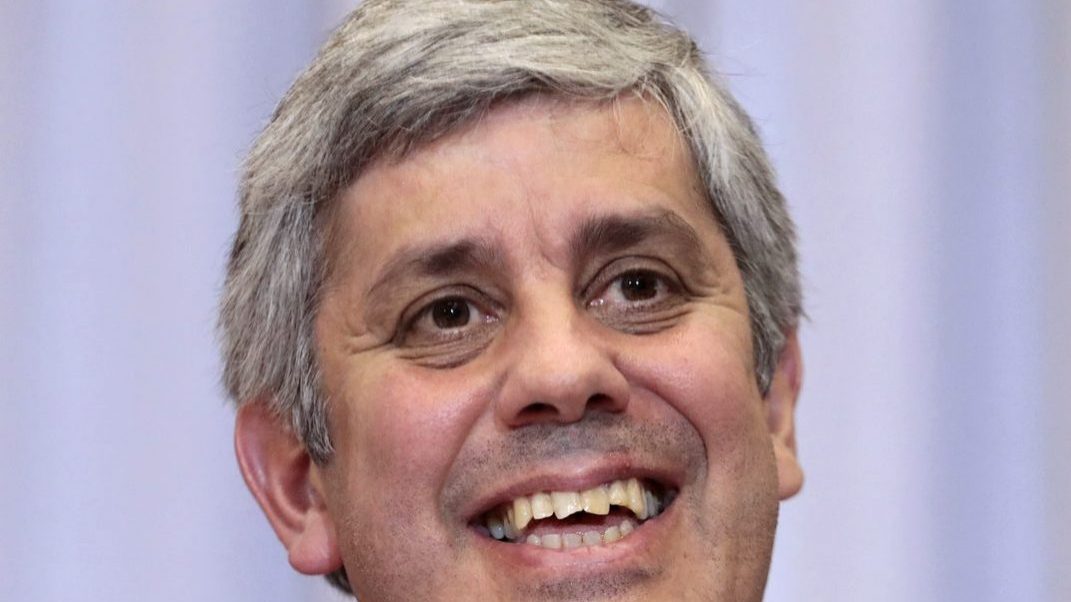Cheaper oil can give Portugal bonuses on GDP
This year, the price of the barrel may be 40% lower than the value registered by Mario Centeno in the OE2020. The government predicted a barrel at 58 dollars. It's at 30 dollars.
Portugal has no oil. It has to import the raw material to meet its needs, so price fluctuations impact national accounts. In the State Budget for 2020, the Government assumes a value of 58 dollars, lower than last year, but in the markets, prices are well below this level. Centeno may have a bonus in the public accounts if Brent continues to lose value, but if the fall is very significant the result may be negative.
“According to the expectations implicit in the futures markets, the price of oil should be around 58 dollars per barrel (52 euros per barrel) in 2020, representing a slowdown for the second year in a row and reflecting the weak demand in a context of weakening global economy,” says the document that is in Belém awaiting promulgation by the president Marcelo Rebelo de Sousa.
On the markets, the average price of Brent this year is at 57.79 dollars (52.38 euros), already taking into account the sharp fall recorded in recent sessions, especially at the start of this week in view of the prospect of reduced demand as a result of the coronavirus, but especially the “price war” between Saudi Arabia and Russia. Brent’s price has dropped by over 30% to 30 dollars.
The prospect is, however, that the drop will not stop there. With demand falling but also fears that the market will be flooded with oil from various OPEC countries, as well as their allies, in an attempt to gain market share, several investment banks have already revised downward projections for prices this year.
Morgan Stanley, JPMorgan and Goldman Sachs agree that prices may continue to fall, not only this quarter but also in the next, and may reach 20 dollars in the short term. However, all point to average prices that should be around USD 35 for the year as a whole, i.e. well below the Government’s forecasts.
Considering the 35 dollars, the average price of a barrel of raw material may be 40% below the value registered by Mario Centeno in the OE2020. A substantial difference, which may help the public accounts in a year in which Centeno should achieve a surplus of 0.2%, the first of the country in a democracy.
In the external hypotheses presented by the Government in the document, one of them is related to the variation in the price of oil, with emphasis on the negative impact that a value 20% above the assumed one can have. However, projections are also presented in the opposite direction, that is, a value 20% lower than the forecast. In this case, according to the Executive, the GDP may grow more 0.1 percent points relative to the base projection, benefiting from the increase of private consumption.
Bearing in mind that the expected drop in oil prices is more significant, the impact of lower prices on the national economy may be even more significant. It could, in theory, be twice as significant.
However, even if lower values are positive, much lower prices may end up having a negative impact on the level of revenue the state collects through fuel, namely ISP and VAT. According to the State Budget for 2020, the Government expects to raise 3.72 billion euros from the Tax on Oil Products alone, which represents 7.8% of total revenues.
If there is a drop in oil prices, reducing the value of fuels, even in the face of an increase in demand for fuel – which is not liquid given the impacts that the coronavirus could have on the economy – there could be a drop in revenue that would jeopardize part of the positive effect of the price of a barrel on international markets, ultimately conditioning public accounts.
It should be remembered that in 2015, at a time when oil sank, the Government introduced in the State Budget for 2016 an additional ISP, justifying it with the need to maintain tax revenue. This “extra” would decrease as oil prices increased in international markets. This extra would disappear in the case of gasoline, but not in diesel.


